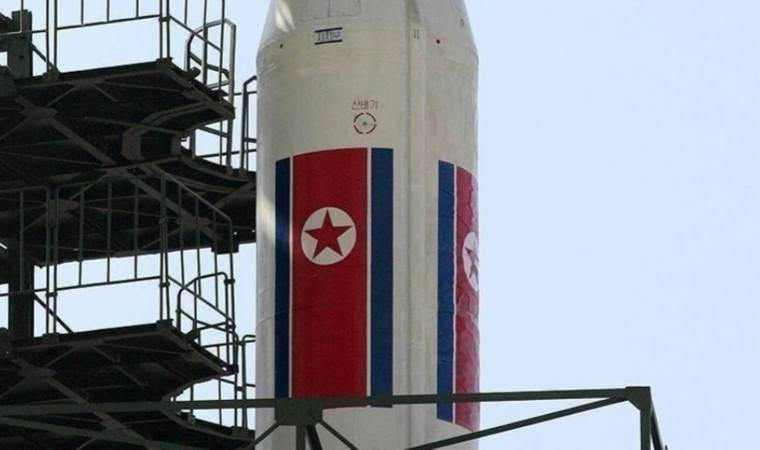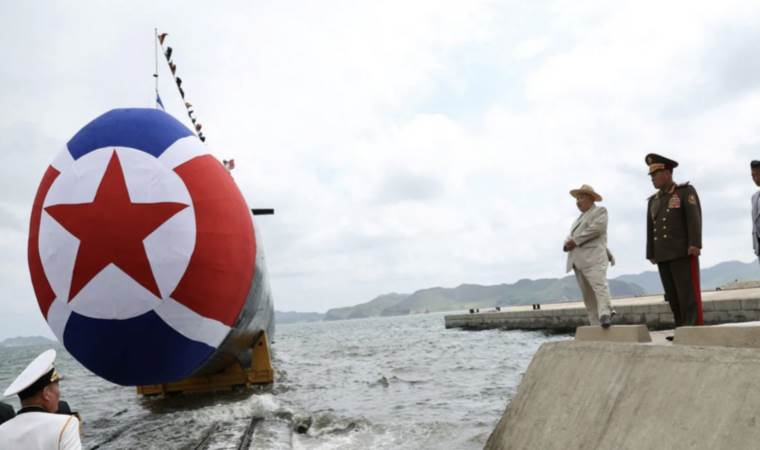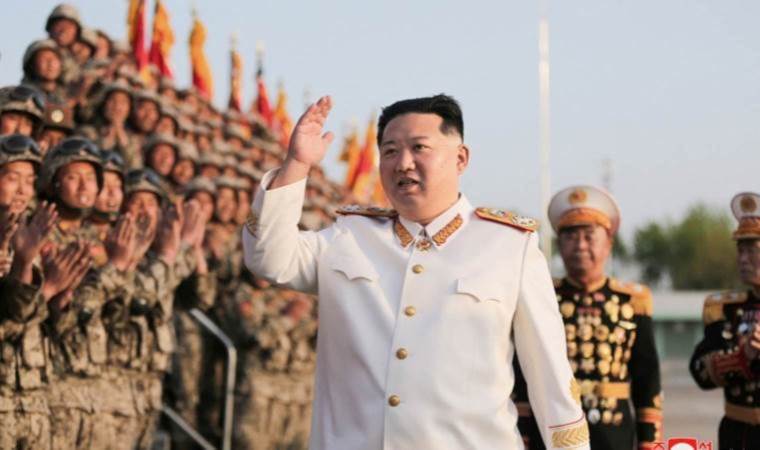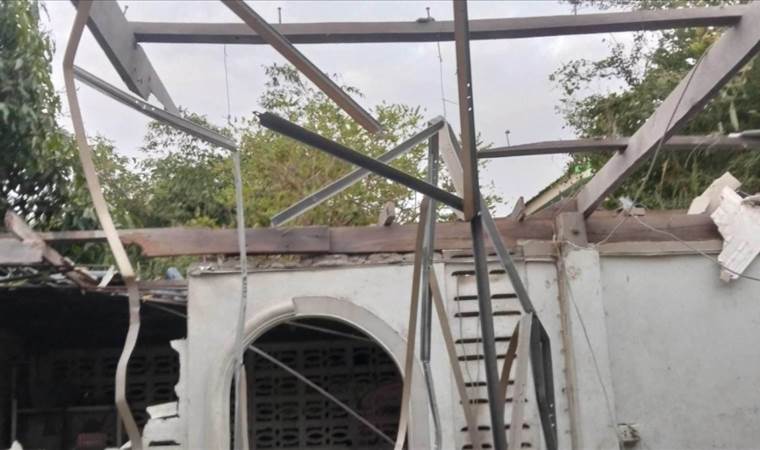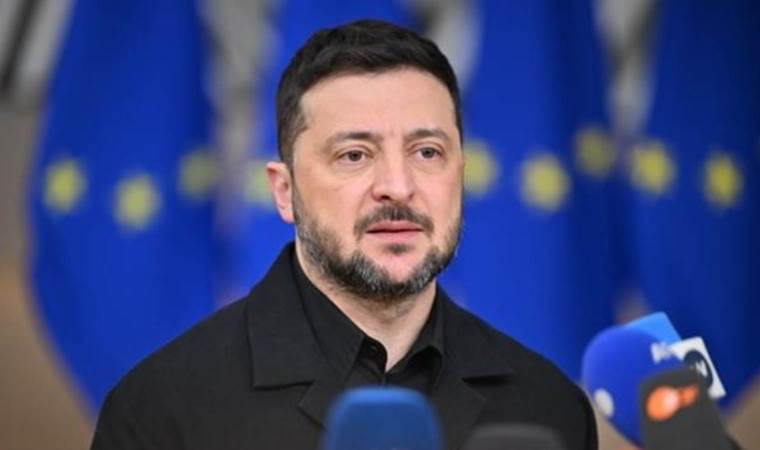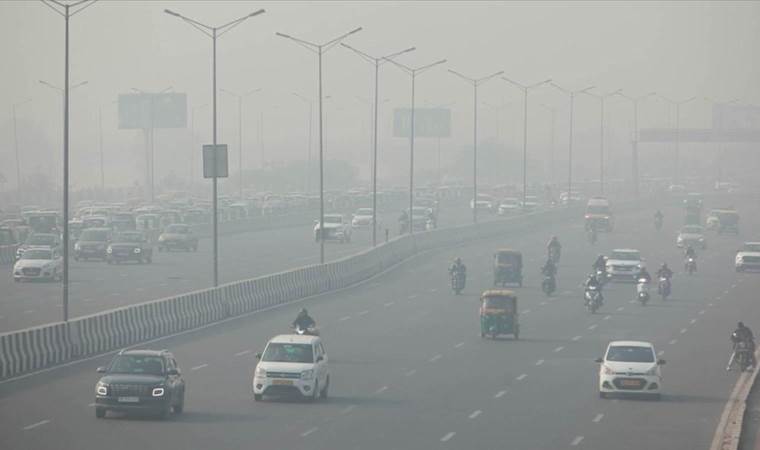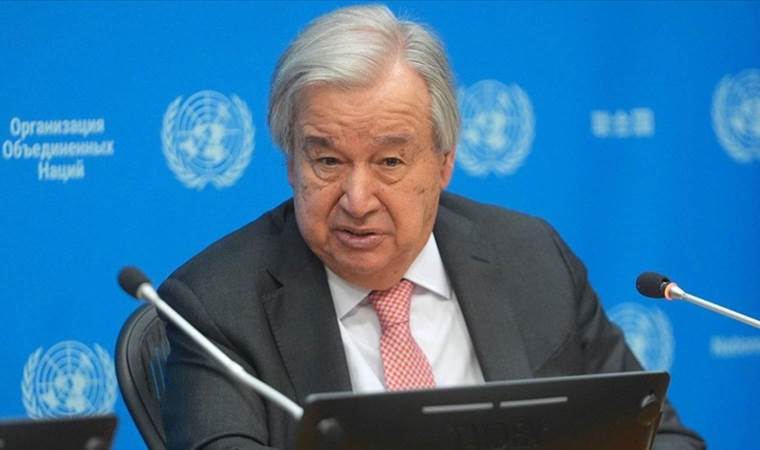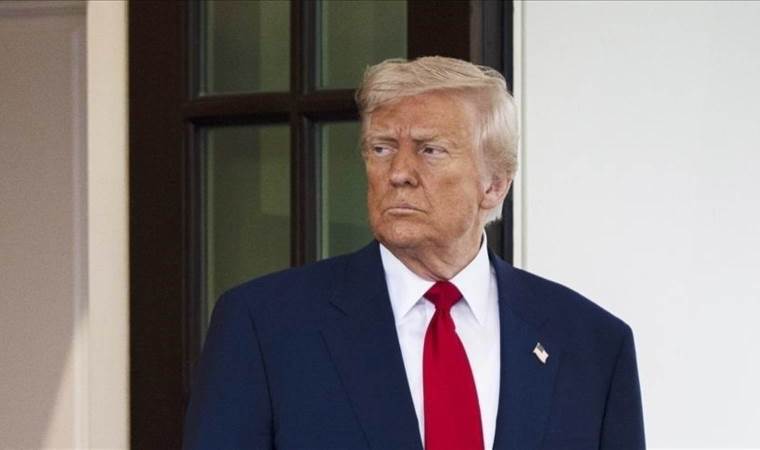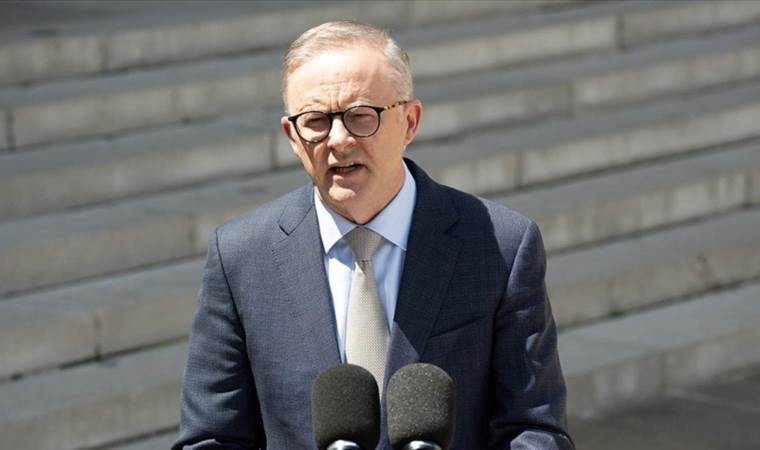North Korea redefines relations with South Korea
North Korea is significantly altering its approach to South Korea, implementing policy and governmental changes that effectively recognize the South as an independent, adversarial state.

This departure from decades of policy could lead North Korea's foreign ministry to oversee relations with the South and possibly rationalize using nuclear weapons against Seoul in a future conflict, analysts suggest.
Since the 1950-53 Korean War, which ended in a stalemate, both nations have engaged differently with each other compared to other countries. This has involved specialized agencies and ministries handling inter-Korean relations, distinct from their foreign ministries, and adopting policies aimed at a future peaceful reunification, often envisioning a united state under two systems.
However, North Korean leader Kim Jong Un, at a recent year-end party meeting, declared peaceful reunification impossible and announced a "decisive policy change" in relations with the "enemy." He also directed the military to prepare for pacifying and occupying the South in case of a crisis.
Hong Min, a senior researcher at the Korea Institute for National Unification in Seoul, explains that this policy shift could justify North Korea's increasing threats to use nuclear weapons against the South. "Redefining South Korea as a hostile enemy country removes the contradiction of using nuclear weapons against the same people," Hong said.
Observers note that North Korea's statements may simply reflect the longstanding divisions and disparities between the two countries. "The December 2023 Party plenum formalized a fundamental shift in South Korea policy," said Rachel Minyoung Lee of the U.S.-based Stimson Center.
The full extent of the organizational changes remains unclear. Some analysts believe that since these changes mirror the current antagonistic relationship, a major shift in inter-Korean relations is unlikely. Previous periods of heightened tensions, like those in 2016 and 2017, have occasionally led to detente and diplomacy, including the 2018 and 2019 summits.
An official from South Korea's unification ministry, responsible for relations with the North, observed that North Korea has never genuinely pursued reconciliation or unification.
The United Front Department (UFD) of the Workers' Party of Korea, traditionally in charge of relations with the South, including intelligence and propaganda, might see its role diminish. Michael Madden, a North Korea leadership expert with the Stimson Center, suggests that Foreign Minister Choe Son Hui might oversee relations with the South. "Choe's expanded role in South Korean policy was indicated during Kim's 2019 visit to the Mt. Kumgang resort," Madden noted.
Yang Moo-jin, president of the University of North Korean Studies in Seoul, said that Choe, a career diplomat with minimal involvement in inter-Korean affairs, leading the task of “dismantling and reforming” South Korea-linked entities, as reported by state media, could mean the foreign ministry absorbing these organizations.
"The UFD and the Committee for the Peaceful Reunification of the Fatherland, traditionally handling inter-Korean ties, might be disbanded or see their roles significantly reduced," he said. North Korea might also choose to engage solely with the United States, excluding the South.
Madden noted that under Kim Jong Un, there has been no crossover between the foreign ministry and UFD officials. Key UFD intelligence officials are likely to retain their roles, particularly in overseeing propaganda broadcasts and websites.
Most Read News
-
 Thailand imposes martial law in border districts as clas
Thailand imposes martial law in border districts as clas
-
 2 killed, 8 critically injured in shooting at Brown Univ
2 killed, 8 critically injured in shooting at Brown Univ
-
 Zelenskyy says bilateral security guarantees a ‘compromi
Zelenskyy says bilateral security guarantees a ‘compromi
-
 Delhi’s air quality worsens to new severe level, Indian
Delhi’s air quality worsens to new severe level, Indian
-
 Attacks on Bangladeshi peacekeepers in southern Sudan ma
Attacks on Bangladeshi peacekeepers in southern Sudan ma
-
 2 Palestinians killed by Israeli army in occupied West B
2 Palestinians killed by Israeli army in occupied West B
-
 Trump vows to respond to alleged ISIS attack on US force
Trump vows to respond to alleged ISIS attack on US force
-
 ‘No place for violence in Australia,’ says Premier Alban
‘No place for violence in Australia,’ says Premier Alban
